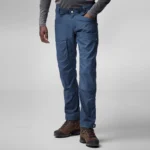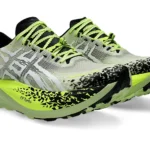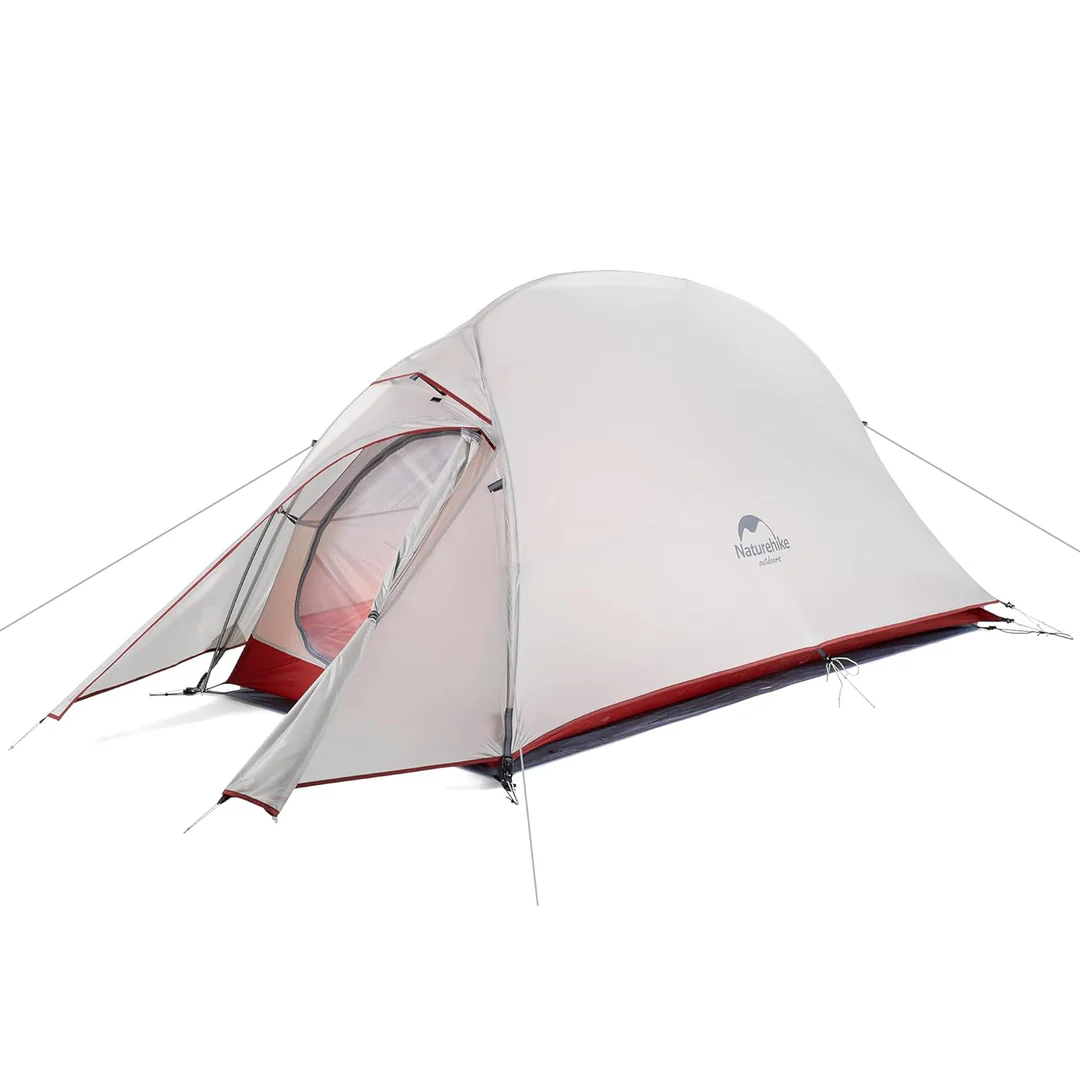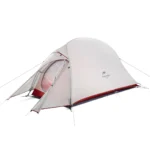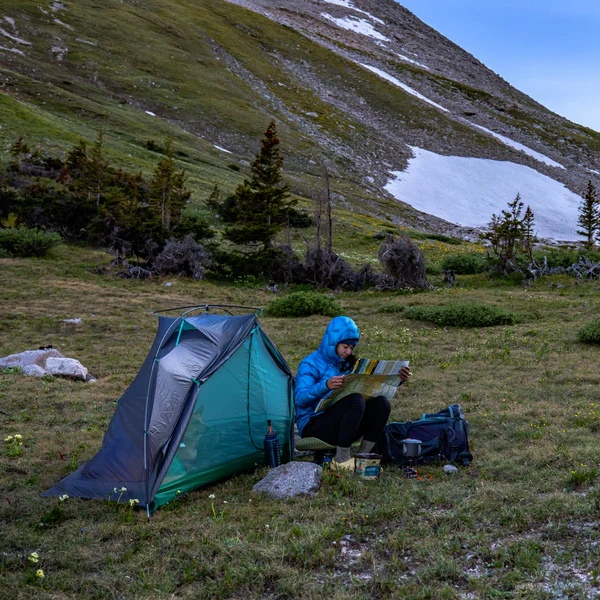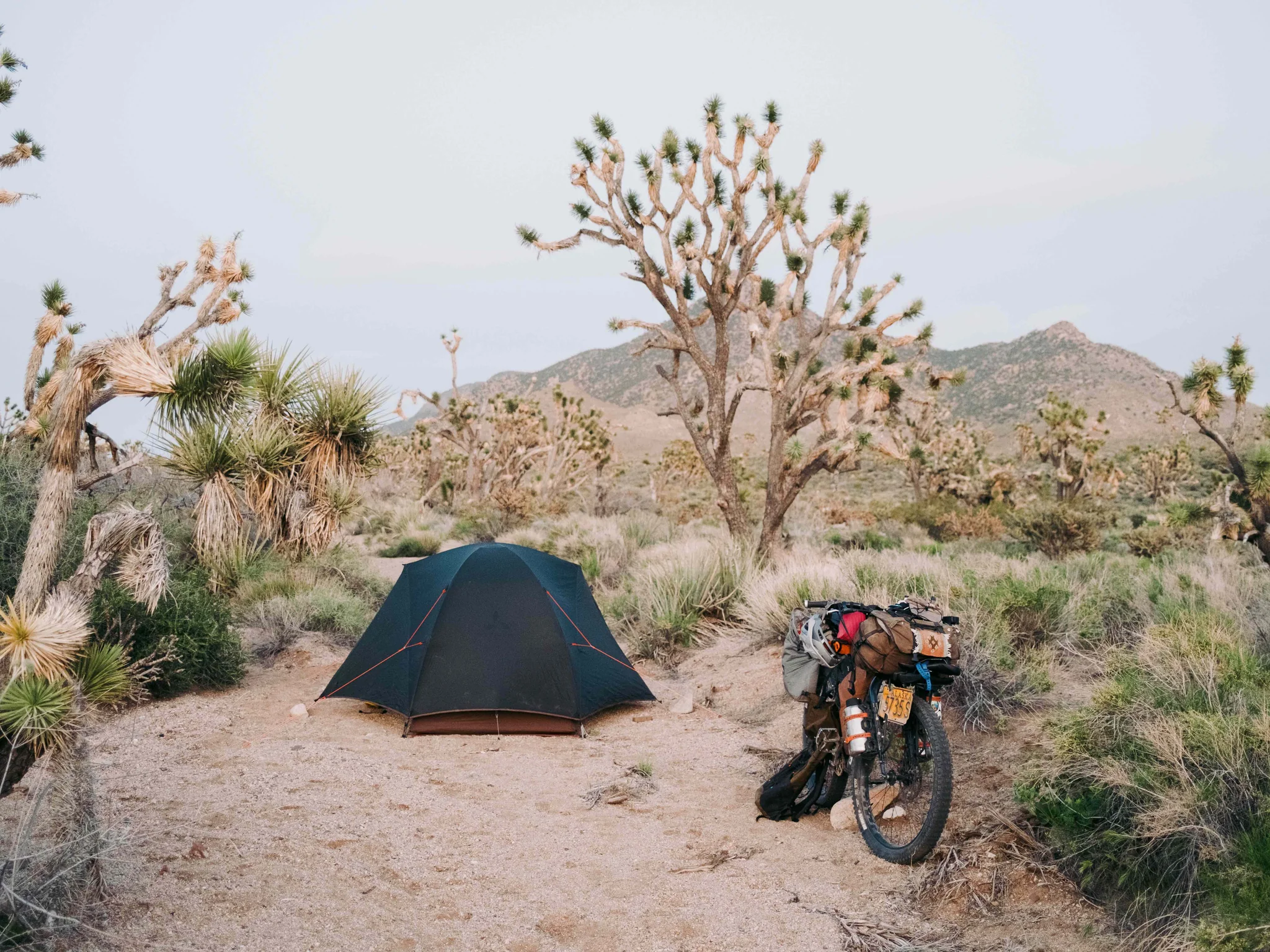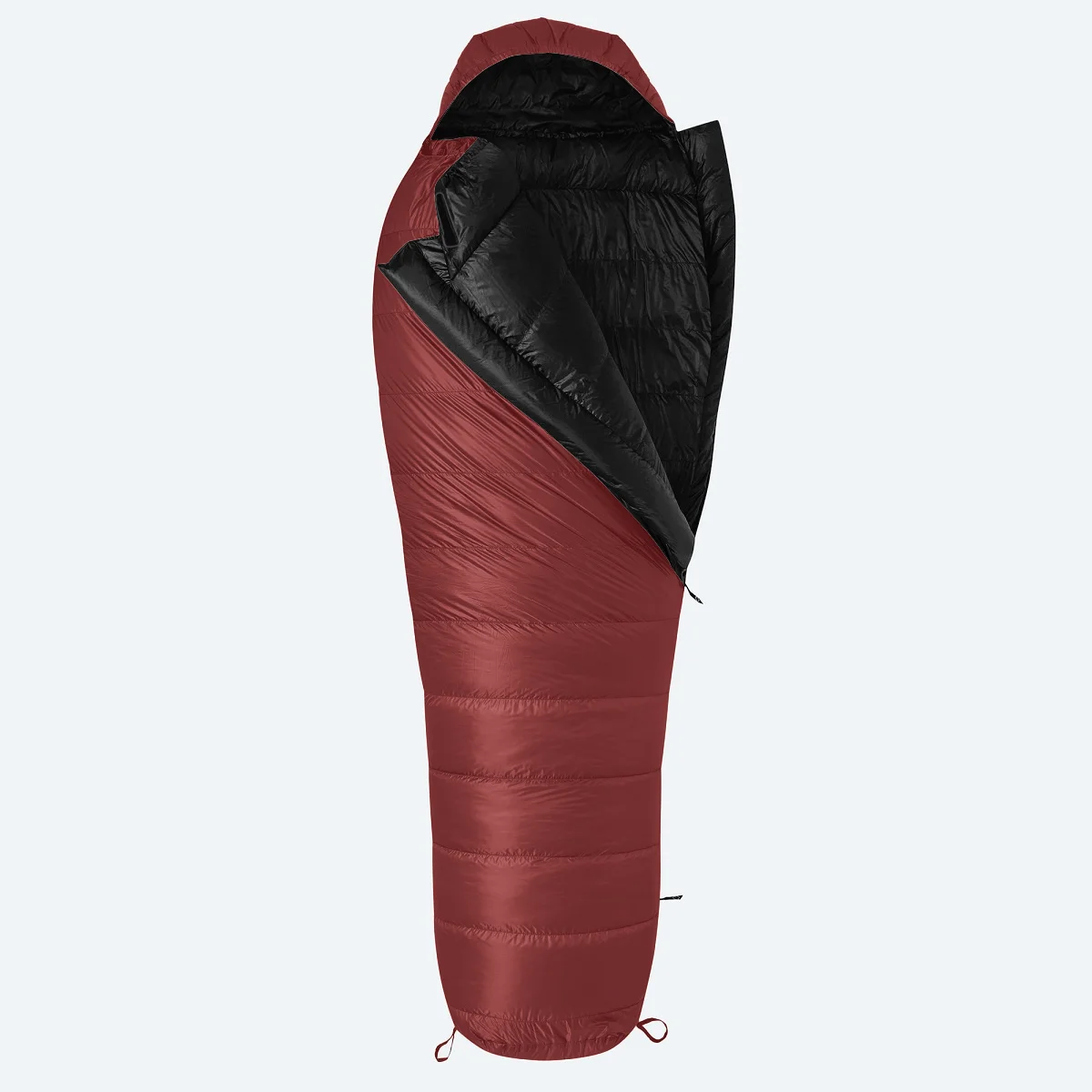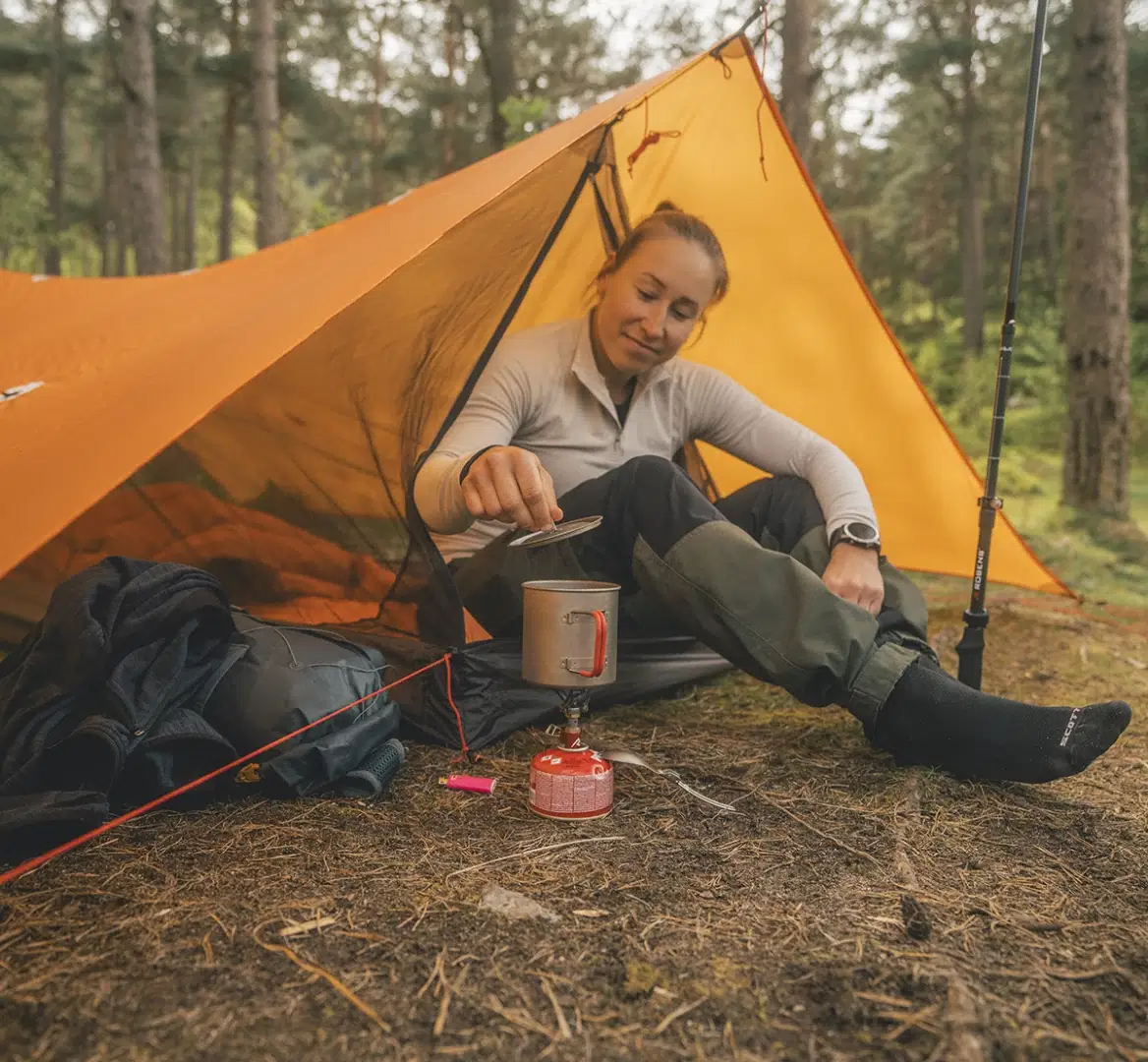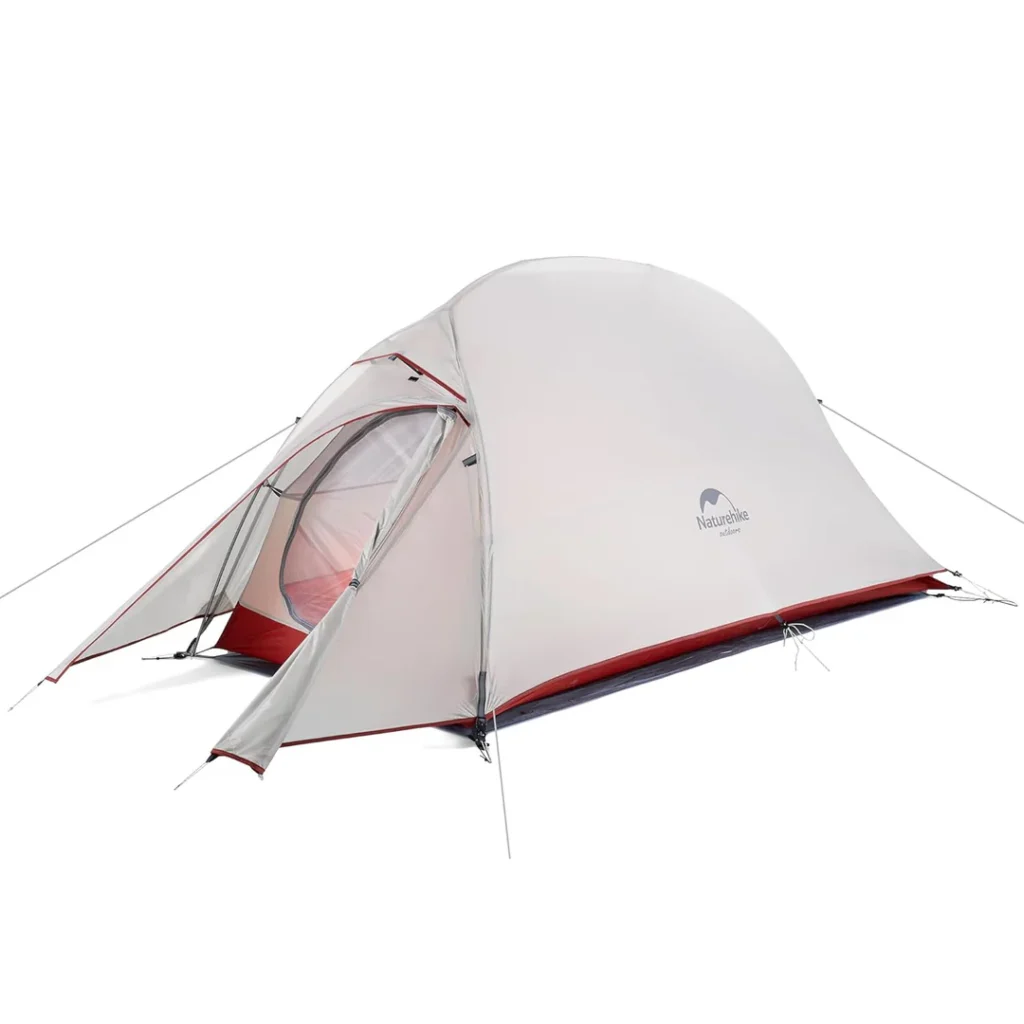
The Naturehike Cloud UP-1 is a one-person, three-season backpacking tent that has become a go-to for ultralight hikers, bikepackers, and budget-conscious adventurers. With a trail weight of around 1.5 kg, a compact pack size, and a waterproof rating that rivals premium tents, it’s often compared to models like the Big Agnes Fly Creek HV UL1 or MSR Hubba NX Solo—but at a significantly lower cost.
In this review, we’ll explore the Cloud UP-1’s materials, setup, weather resistance, livability, and long-term durability, helping you decide whether it deserves a spot in your solo shelter lineup.
Specifications at a Glance
| Feature | Detail |
|---|---|
| Capacity | 1 person |
| Weight | ~1.5 kg (with footprint) |
| Packed Size | 41 × 13 cm |
| Floor Dimensions | 210 × 110 cm |
| Peak Height | 100 cm |
| Fly Material | 20D silicone-coated nylon |
| Inner Tent | Mesh + 20D nylon |
| Waterproof Rating | PU 4000 mm (fly), PU 3000 mm (floor) |
| Poles | 7001 aluminium alloy |
| Seasons | 3-season |
| Setup | Freestanding with single Y-pole |
Design and Build Quality
Minimalist Footprint, Maximum Efficiency
The Cloud UP-1 uses a single Y-shaped pole system that clips into the inner tent and supports the flysheet. This design keeps weight low while maintaining a freestanding structure—ideal for fast setup on uneven terrain.
- Flysheet: 20D silicone-coated nylon with taped seams
- Inner Tent: Full mesh upper for ventilation, nylon bathtub floor
- Zippers: YKK zippers with storm flaps
- Groundsheet: Included footprint adds protection and extends vestibule coverage
The build quality is surprisingly refined for the price point. Stitching is clean, tension points are reinforced, and the included DAC-style poles feel sturdy and well-machined.
Setup and Packability
Quick Pitch, Compact Carry
Setting up the Cloud UP-1 is intuitive—even solo. The hubbed pole system snaps together quickly, and the inner tent clips on in under two minutes. The fly attaches with buckles and tension straps, making it easy to adjust in windy conditions.
- Setup Time: 3–5 minutes solo
- Footprint Integration: Can be pitched fly-first or fly-only with footprint
- Packed Size: Comparable to a 1L Nalgene bottle in diameter
The included compression sack is functional, though some users prefer swapping it for a dry bag or packing cube for modular storage.
Interior Space and Livability
Just Enough Room for One
With a floor area of 2.3 m², the Cloud UP-1 is snug but sufficient for solo sleepers. There’s room for a standard sleeping pad, a small pack, and a few essentials.
- Vestibule: Modest, but fits boots and a small pack
- Headroom: 100 cm peak height allows seated movement
- Ventilation: Mesh inner and fly vent reduce condensation
While not palatial, the space is well-optimised for minimalist camping. Taller users (6’+) may find the footbox tight, especially with thicker sleeping mats.
Weather Resistance
Surprisingly Capable in Rough Conditions
The Cloud UP-1 punches above its weight in weather protection. The PU 4000 mm fly and PU 3000 mm floor offer excellent waterproofing, and the low profile sheds wind effectively.
- Rain Performance: Withstood sustained UK rain without leaks
- Wind Resistance: Stable in gusts up to 40 km/h with full guy-out
- Condensation: Minimal when vent is open and fly is tensioned properly
The included footprint helps prevent ground moisture seepage and extends the life of the floor fabric.
Durability and Long-Term Use
Built to Last (With Care)
While not as rugged as expedition-grade shelters, the Cloud UP-1 holds up well with proper care.
- Poles: 7001 aluminium is strong and corrosion-resistant
- Fabric: 20D nylon is thin but tear-resistant
- Zippers: Smooth-running and protected by flaps
After extended use, users report minor wear on the mesh and fly tension points, but no critical failures. Regular seam sealing and gentle handling will extend its lifespan.
Use Cases and Field Performance
Ideal for Ultralight and Budget-Conscious Adventurers
The Cloud UP-1 excels in scenarios where weight, packability, and affordability are key:
- Bikepacking: Fits easily in panniers or handlebar rolls
- Thru-hiking: Lightweight enough for long-distance trails
- Weekend backpacking: Quick setup and reliable protection
- International travel: Compact enough for checked luggage
It’s not ideal for winter or alpine use, but for three-season solo trips, it’s a standout performer.
Pros and Cons
Pros
- Excellent value for money
- Lightweight and compact
- High waterproof rating
- Fast, solo-friendly setup
- Footprint included
- Quality materials and construction
Cons
- Tight fit for taller users
- Small vestibule limits gear storage
- Limited headroom for extended shelter time
- Not ideal for winter or alpine use
Comparison: Naturehike Cloud UP-1 vs Big Agnes Fly Creek HV UL1
| Feature | Cloud UP-1 | Fly Creek HV UL1 |
|---|---|---|
| Weight | ~1.5 kg (with footprint) | ~1.1 kg (no footprint) |
| Waterproof Rating | PU 4000 mm | PU 1200 mm |
| Price Range | £70–£110 | £350–£450 |
| Vestibule Size | Small | Slightly larger |
| Setup | Freestanding | Semi-freestanding |
| Included Footprint | Yes | No |
The Cloud UP-1 offers comparable performance at a fraction of the cost, making it a compelling choice for budget-conscious adventurers.
Final Verdict: Is the Naturehike Cloud UP-1 Worth It?
If you’re looking for a lightweight, affordable, and weather-resistant solo tent, the Naturehike Cloud UP-1 is one of the best options in its class. It’s not the roomiest or most feature-rich shelter, but it delivers exceptional value, reliable protection, and a packable design that suits everything from weekend hikes to long-distance bikepacking.
For solo adventurers who prioritise weight, price, and performance, the Cloud UP-1 is a standout choice in 2025.

